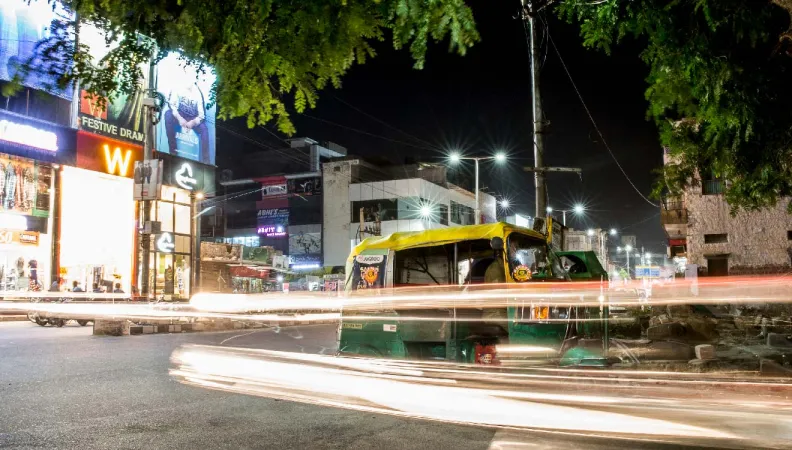Share the page
Supporting energy efficiency through an innovative financial model
Project


-
Project start date
-
Status
Ongoing
-
Project duration
-
3 years
-
AFD financing amount
-
€ 50000000
-
Country and region
-
Location
-
India
-
Type of financing
-
Beneficiaries
-
Energy Efficiency Services Limited
AFD supports the implementation of large-scale energy saving measures by public entities assisted by EESL, an energy services company.
Context
In a context of strong economic and demographic growth, energy demand in India is continuing to increase sharply. India is now the world’s third largest energy consumer and its needs are expected to double by 2035.
Energy savings are an essential part of the Indian government’s plan to limit the environmental and financial costs of the country’s development. In 2010, a comprehensive strategy was adopted: the National Mission for Enhanced Energy Efficiency. It aims to reduce energy consumption in the country, mainly in the infrastructure and housing sectors, as well as in industry and agriculture.
An Energy Services Company (ESCO) is a company which offers energy savings solutions. ESCOs bear the technical and financial risks of implementing large-scale energy efficiency projects for their customers. The savings generated in energy costs are then used to pay back the investment. This outsourcing makes it possible for ESCOs to achieve significant economies of scale and to reduce the investment costs in low consumption systems.
Description
In 2009, the Indian government set up the Energy Efficiency Services Limited (EESL) in order to facilitate large-scale implementation of energy efficiency projects for public entities.
AFD supports EESL through fundings of projects and a technical assistance programme.
For instance, as part of EESL’s national programme for rolling out energy efficiency measures in street lighting systems, the municipality of Jodhpur benefitted from AFD funding to replace conventional street lights with 45,000 energy-efficient LED bulbs, slashing the energy consumption by 55%.
AFD is also committed to sharing experiences between France and India. The technical cooperation programme resulted, for example, in a study trip to France on energy efficiency in street lighting for EESL employees and Indian senior civil servants in September 2015.
Impacts
- Promote an innovative way of financing energy efficiency projects in India.
- 190 000 teqCO2 / year are expected to be avoided thanks to AFD’s funding.
- Sharp reduction in the city of Jodhpur’s overall energy consumption.
- The living condition of Jodhpur’s inhabitants have also improved as the streets are now considered safer, particularly for women. It has also created new opportunities for street vendors.
- Promote exchanges of experience between France and India.


